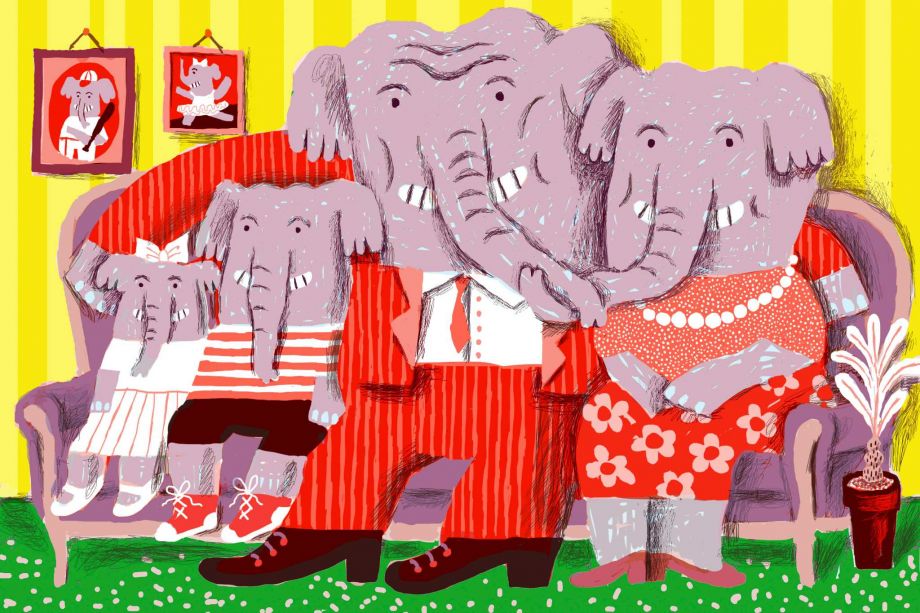-
Tips for becoming a good boxer - November 6, 2020
-
7 expert tips for making your hens night a memorable one - November 6, 2020
-
5 reasons to host your Christmas party on a cruise boat - November 6, 2020
-
What to do when you’re charged with a crime - November 6, 2020
-
Should you get one or multiple dogs? Here’s all you need to know - November 3, 2020
-
A Guide: How to Build Your Very Own Magic Mirror - February 14, 2019
-
Our Top Inspirational Baseball Stars - November 24, 2018
-
Five Tech Tools That Will Help You Turn Your Blog into a Business - November 24, 2018
-
How to Indulge on Vacation without Expanding Your Waist - November 9, 2018
-
5 Strategies for Businesses to Appeal to Today’s Increasingly Mobile-Crazed Customers - November 9, 2018
Married GOPers Are More Satisfied
“Perhaps Republicans are more optimistic, more charitable, or more inclined to look at their marriages through rose-colored glasses”, they wrote.
Advertisement
The study used data from the 2012 – 2014 General Society Survey, studying the habits of self-identified Republicans, Democrats and Independents that have been or are married, and are between 20 and 60 years of age. Prior to the research by Wolfinger and Wilcox, other studies had claimed “blue” families were traditionally more strong and stable, than “red” families with more conservative beliefs.
Who’s got happier families, Democrats or Republicans?
Can partisanship be a factor in having a healthy marriage?
The GSS data and our earlier research suggest that an elective affinity-based on region, religion, culture, and economics-has emerged in the American electorate: married people are more likely to identify as Republican and unmarried people are more likely to identify as Democratic.
Wilcox and Wolfinger wrote in their report for the Institute for Family Studies that while race and religiosity account for more than half of the “Republican advantage” in marital quality, the remainder may be explained through attitudes. However, even when people of the same demographic but with different political affiliations are compared, Republicans are on average still 3 percent more likely to report being happily married. Level of education made the least statistical difference.
Among Democrats who have previously married, 47 percent have been divorced compared to 41 percent of Republicans who have previously married. “Another reason is they tend to be more religious”.
But the study does note that the gap shrinks as demographic controls are added. For instance, the 2010 book “Red Families v. Blue Families” posited that blue states (and by extension, blue families) produced better and more stable families thanks to social mores that emphasized delaying marriage and childbearing while having greater gender parity within relationships. When it comes to family stability, these regional factors in Republican-leaning counties offset the advantages that Democratic-counties have.
Advertisement
A 2013 report, “Knot Yet: The Benefits and Costs of Delayed Marriage In America”, from the National Marriage Project, the National Campaign to Prevent Teen and Unplanned Pregnancy and the RELATE Institute, explored the causes and consequences of major demographic changes in age of marriage and family composition.





























